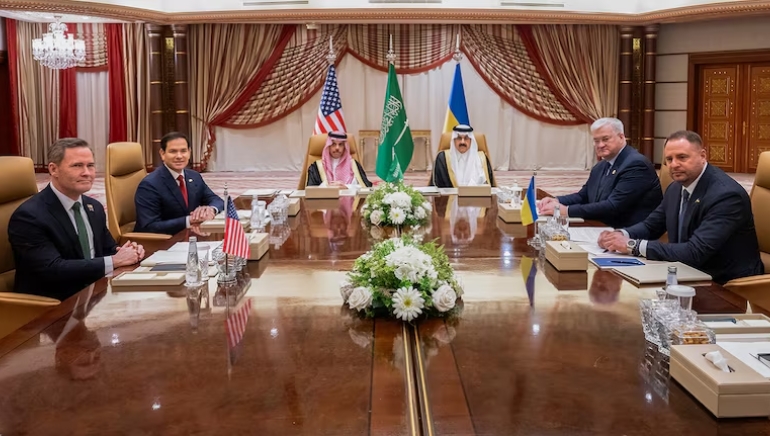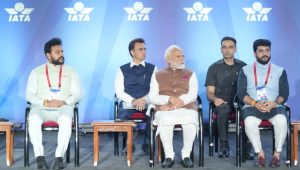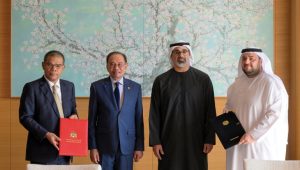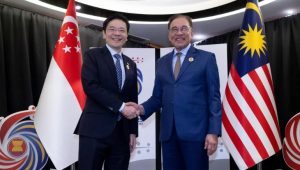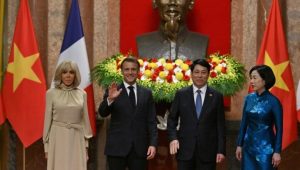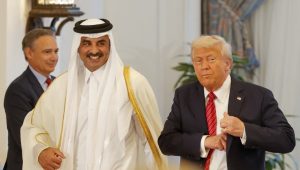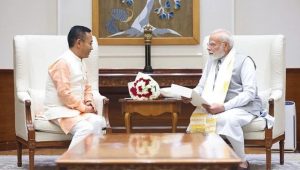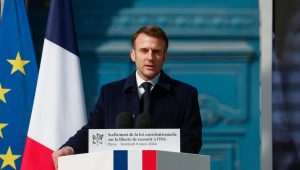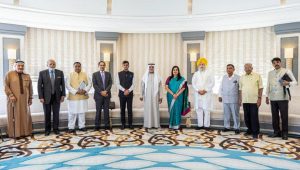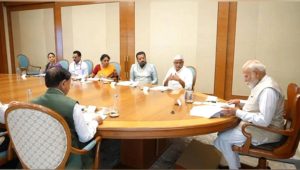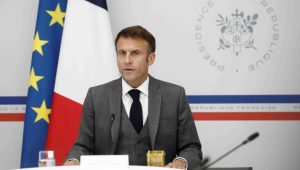Analysts describe the post-1945 world order as being stuck between the old and new power structures, undergoing a seismic change. Even though there have been conversations about this change for more than ten years, current occurrences highlight how real it is. This transformation is exemplified by the high-profile meeting between US Senator Marco Rubio and Russian Foreign Minister Sergei Lavrov in Saudi Arabia, as well as the heated exchange between US President Donald Trump and Ukraine’s Volodymyr Zelenskyy in the Oval Office on March 5.
This geopolitical reshuffling enables middle powers to establish themselves by using both hard and soft power to protect national interests. Joseph Nye popularised the term “soft power,” which denotes a country’s ability to influence others through culture, ideals, and diplomacy rather than coercion. A combination of soft and hard power, known as “Smart Power,” has emerged as the favoured tactic, even though military force and economic penalties are still essential.
Saudi Arabia has emerged as a vital diplomatic player, hosting crucial meetings to resolve the Russia- Ukraine crisis. Its transition, characterised by social reforms and programs such as NEOM, indicates a purposeful image shift.





